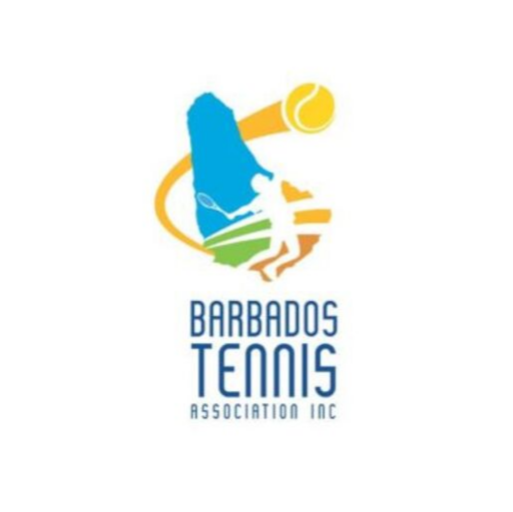Tennis, in particular competitive tennis, can be an expensive sport, so it is important that parents educated themselves and take advantage of opportunities to be educated in the sport of tennis. Better educated tennis parents are better able to contribute in a meaningful way to their children in the sport. There are many benefits to playing tennis, including but not limited to, assistance in obtaining a college education.
For tennis parents there are many questions and during a session with the ITF Development Officer for the Caribbean Mr. John Goede some tennis parents in Barbados were edified.
1. The parent – coach relationship?
Parents are buying a product and thus take a bigger role in determining the quality of what is being delivered by their junior player’s coach (es). Parents must also remember improvements are unlikely to be seen in junior player overnight, so the coach(es) need to be given a chance contribute to improvements in your junior player’s skillset. It is therefore critical for parents and coaches work together to develop a tennis player.
To do so there needs to be clarity and understanding of the roles of each. Parents should book time with the coach (even if this involves paying for the time) to discuss in detail the plan for the development of the junior player. Among other things, during these scheduled meetings parents and coaches should: analyse where the player is now; understand what the player wants; and agree on how the player learns (ie the player’s learning style). Parents are encouraged to ask key questions about their junior players, such as:
- What is the fitness level of my child? Can you test them?
- How often do you test them? Are there test days? What is the target?
- Where is my child now? Where can they go? How will they get there?
Overall, parents, coaches and players should partner to chart the career path in tennis, bearing in mind that there are explicit and implicit costs to tournaments; and in the case of regional and international tournaments in particular, a player also needs ranking.
2. How should a tennis player eat?
Eating healthy is key to the development the players and to ensure they perform to the best of their ability. Further, the junior tennis player needs to learn to be prepared, self-sufficient and independent. For more information it is recommended that players, parents and all stakeholders subscribe to “icoach” from the ITF which is an online application that (for U$30 per annum) contains a wealth of knowledge on all topics including nutrition.
3. How much tennis is optimal?
Tennis is a late specialization sport and one where the player is alone. Up to a certain age children should be exposed to other sports. The number of sessions per week is less important than the degree of planning and quality of the same. After all, tennis is far more than rallying. There are 5 game situations that junior tennis players need to be taught: to serve, to return, to rally, to attack, to defend.
The ratio of tennis lessons to free play should be 2:3. Junior players should also play as many local, regional and international tournaments as possible, whether sanctioned or unsanctioned. The ultimate objective is to play many different opponents. As a benchmark an U12 player should play at least 80 quality matches a year and an U14 at least 115-120 quality matches. This increases the opportunity to practice playing under pressure and to try new things.
4. How fit should a tennis player be?
There is a need for greater focus on fitness in the Caribbean. Fitness goes beyond endurance and includes – agility, flexibility, strength, speed, and coordination. “Getting to the ball” requires fitness to recover and to stay away from injury. At a minimum, for every 1 hour of tennis there should be 15 minutes of fitness. In fact the ideal balance between fitness and tennis is:
10 and under 65% fitness, 35% tennis
12 55% fitness, 45% tennis
14 45% fitness, 55% tennis
ITF has a number of fitness tests and as part of the Level 1 Certification and coaches are expected to have a fitness aspect for the topic that they are going to teach.
Suggested Articles and Links:
Caribbean – John Goede
https://www.itftennis.com/en/growing-the-game/development/
The Athletic Triangle: Coach-Parent-Athlete Triad
https://www.connectedcoaches.org/spaces/17/coaching-children-ages-5-12/blogs/general/220/the-athletic-triangle-coach-parent-athlete-triad
How Parents Can Find the Best Tennis Coaching for Kids
https://www.optimumtennis.net/tennis-coaching-for-kids.htm
